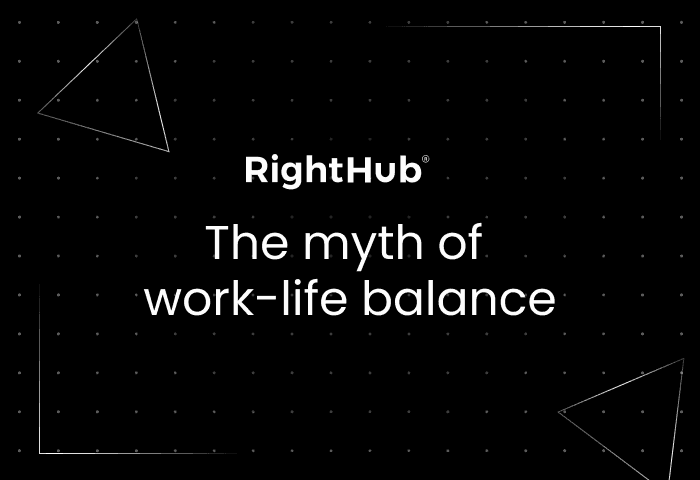There can be no argument that the pandemic has tested us in many arenas but there are positives to take from the experiences that we have all shared too. As many of us have begun to work from home more frequently, our home lives have risen to greater prominence and visibility throughout the day. Of course, our home lives always existed and were of great importance to us but somewhere along the way, an unwritten rule formed that dictated your life outside of work must remain underneath an invisibility cloak at all times. Harry Potter would be proud.
Over the years since the industrial revolution, a new lexicon formed in the workplace – an entirely new vocabulary arose that put employees (and particularly women with children) in an impossible position.
‘Professionalism’ came to mean being really good at pretending that you aren’t a real human person with concerns outside of the workplace. ‘Work ethic’ was reimagined as presupposing a willingness to sacrifice your health, life and family on the altar of earning a wage. Promotional opportunities vested primarily in those who could maintain the façade of never having a personal life and demonstrated often enough that their strongest relationship was the one they had with their desk.
This has been, and remains in some areas, a challenge with which the legal industry is particularly afflicted. Stories of needing to bill more hours than actually exist in the working day are commonplace. Burnout is a very real and far too frequent feature of the legal landscape. Mental health issues in the legal industry remain one of the hot topics du jour.
No matter the subject, you can’t build something sustainable on foundations that aren’t real. Every person is a whole person with skills and talents, passions and hobbies and much-loved people (and often, pets) in their lives. The demand that people should hide every aspect of themselves except for their skills and talents for 40+ hours per week was always doomed to failure. The wheels were coming off that bus eventually.
The phrase ‘work-life balance’ came into existence as the beginning of the pushback against this dedicated, 'sacrificing of everything' mentality that career success required. It was the start of a movement to say “Hey, I love my job but there are other things in my life that I love too.” The idea caught fire, but it too is lacking reality.
The co-founder of Rightly (now RightHub), Jeppe Hudtloff Viinberg, is a strong advocate for the position that there is no such thing as ‘work-life balance’. Many of us have learned that we cannot ‘balance’ our home and working lives any more than we can ‘balance’ between our children. There will always be work issues that need attention during ‘personal time’ and home tasks that require completion during ‘work time’.
That’s why RightHub offers the liberty to structure your working day as you see fit – because we recognise the importance of a ‘whole life’ approach. We spend time with family and work throughout the day spread out in different time slots.
We bring people together to make a difference in the world and that includes all people – the whole of who they are, not just the bits that best serve us in the moment. Nothing bonds us all more than shared laughter. Nothing promotes creativity like mental well-being. Bringing our ‘A’ game means understanding that as we step more fully into our new roles as complete, complex individuals who can care deeply and give and receive from all the parts of their lives simultaneously, we all benefit.
These things don’t represent a lack of professionalism or lack of work ethic. They represent all of us living our best lives, doing our best work and being free to love and care about all the different aspects and parts of our lives. Because that’s the RightHub way.
